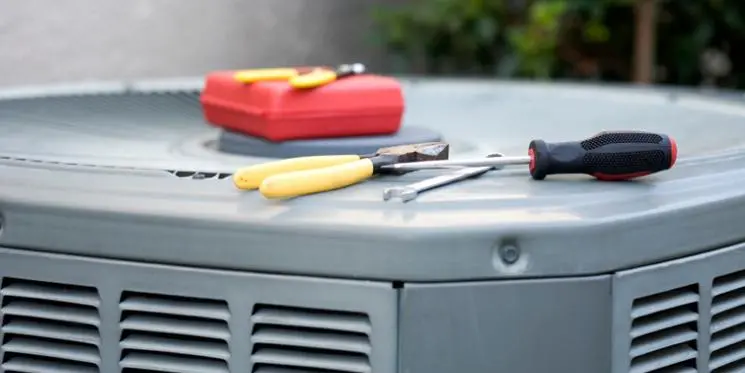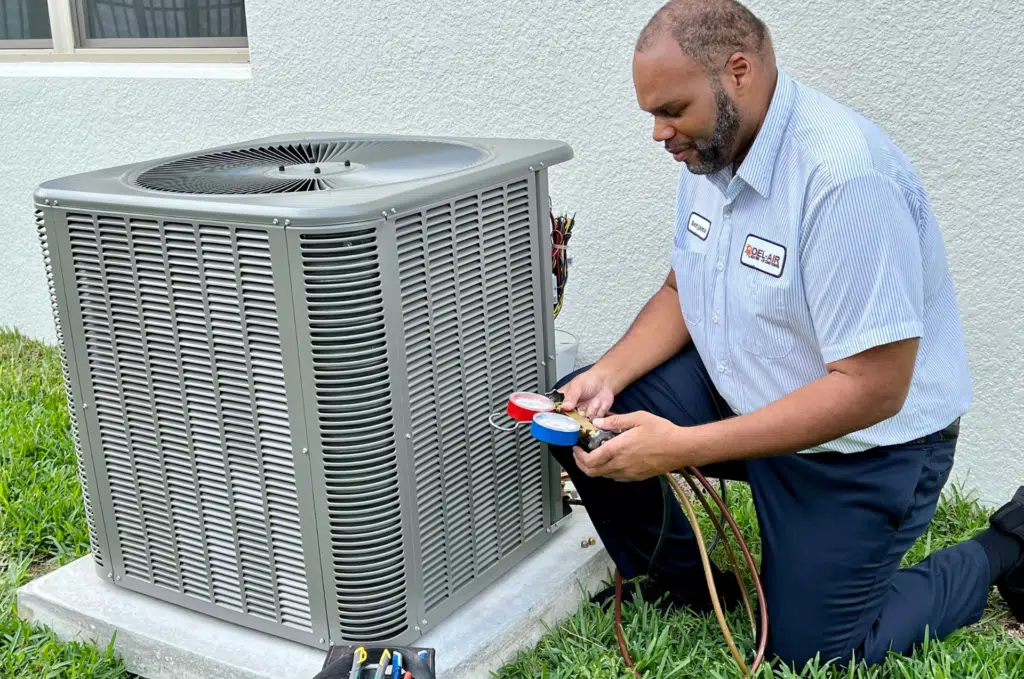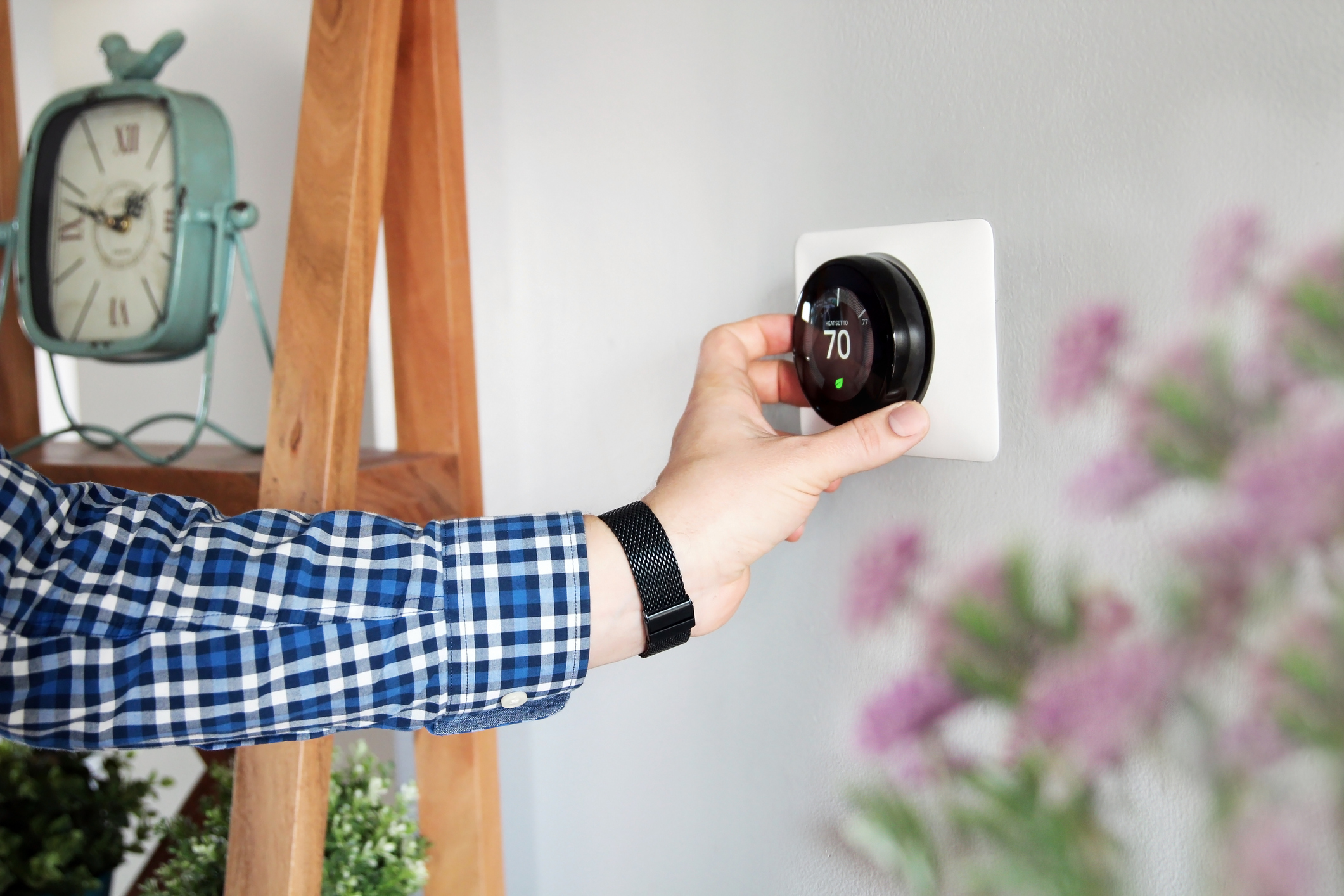
As customers start shopping for air conditioning units, they often ask about which SEER rating is best for their HVAC system. In the Florida heat, you need a system that can run as efficiently as possible.
Del-Air has been the leading HVAC company in Florida since 1983. Our technicians are familiar with the area’s climate and can recommend the best air conditioning unit for your unique needs.
What Does SEER Stand For & Why Is It Important?
SEER stands for Seasonal Energy Efficiency Ratio, which determines the efficiency of your heating and air system. It’s calculated by dividing the cooling output for a system by the energy used to create it.
Most industry experts compare a SEER rating to a car’s fuel efficiency. The higher the SEER, the more efficient the cooling system should be. Similarly, cars with higher miles-per-gallon ratios go further with less fuel.
What Is A Good SEER Rating in Florida?
Most units have SEER ratings ranging from 13 to 25 SEER. While state regulations vary, the minimum SEER rating in Florida is 14 SEER in new AC units. New regulations implemented in 2023 increased the minimum for new installations from 13 to 14 SEER.

Homeowners who are concerned about their energy usage tend to look for models with higher SEER ratings. You could see a drop in your electric bill if you simply replace your older, lower SEER model.
Is A Higher SEER Rating Better?
Oftentimes, customers assume they should invest in a unit with a higher SEER, but this isn’t always the case. Your SEER rating shows the maximum operating level for your unit, but it might operate at a much lower SEER during peak seasons when it works harder.
Additionally, companies charge more for units with higher SEER ratings, so you could lose your savings because you paid more for the higher SEER model.
Before you buy a new air conditioner, contact the heating and air professionals at Del-Air Heating and Air Conditioning. We can look at the size of your home and AC needs to recommend a unit with the right SEER.
Contact us today to schedule service.





